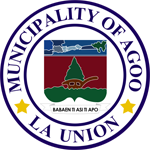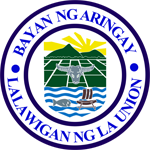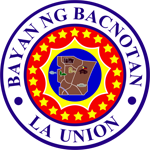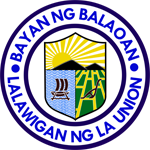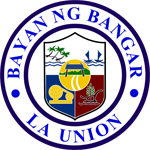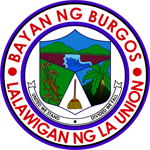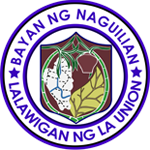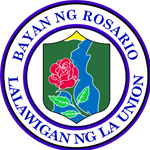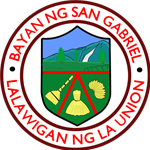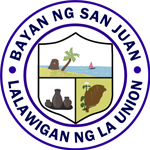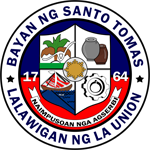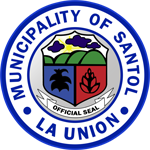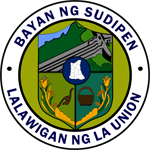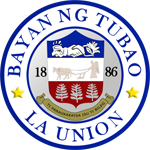BDH Conducts Symposium on Heart Attack
[wp-svg-icons icon="user" wrap="span"] By: Melanie Holt | [wp-svg-icons icon="camera" wrap="span"] By: Melanie Holt | [wp-svg-icons icon="calendar" wrap="span"] Date: August 17, 2018

TAKING ACTION AGAINST HEART ATTACK. Barangay health workers and Rural Health Unit Staff exercise during the Symposium on Acute Coronary Syndrome, STEMI Pathway conducted by Bacnotan District Hospital (BDH) in partnership with LORMA Medical Center (Cath Lab) on August 17, 2018 at BDH, Bacnotan, La Union.
To capacitate health care workers in the grassroot level in recognizing the early signs and symptoms of heart attack, Bacnotan District Hospital (BDH) in partnership with Lorma Medical Center conducted a symposium among barangay health workers (BHWs) and rural health unit (RHU) staff on Acute Coronary Syndrome (ACS), commonly known as “heart attack” on August 17, 2018 at the BDH, Bacnotan, La Union.
Around hundred BHWs and RHU staff participated in the lecture of Dr. Romeo G. Molano, interventional cardiologist of LORMA.
Dr. Molano emphasized the role of BHWs and district hospitals physicians in the management of ACS as they are the first persons in the community to see patients.
Hence, their ability to recognize the early signs of ACS and their immediate action and triaging at the primary care level, are indispensable. He also discussed how to initially manage and treat cardiac emergencies before referring to tertiary care hospitals. “ACS is almost always caused by the rupture of an fatty deposits and partial or complete reduction of blood flow to the myocardium (heart muscle),” he said explaining further what is ACS is all about.
Chief Dr. Zenserly D. Pagaduan shared to the attendees the advocacies and services of the hospital that involve the communities in line with Gov. Francisco Emmanuel “Pacoy” R. Ortega III’s vision of a Healthy La Union, Happy La Union by 2022.
Signs and symptoms of ACS may include chest discomfort; pain in the back, neck, jaw, arm/s, and shoulder/s; and may also experience shortness of breath, profuse perspiration, dizziness, nausea or vomiting. Risk factors are hypertension, elevated bad cholesterol levels, obesity, diabetes, lack of physical activity, unhealthy diet, stress, smoking, illicit drug use and familial history of ACS occurrence.
[Fancy_Facebook_Comments]
